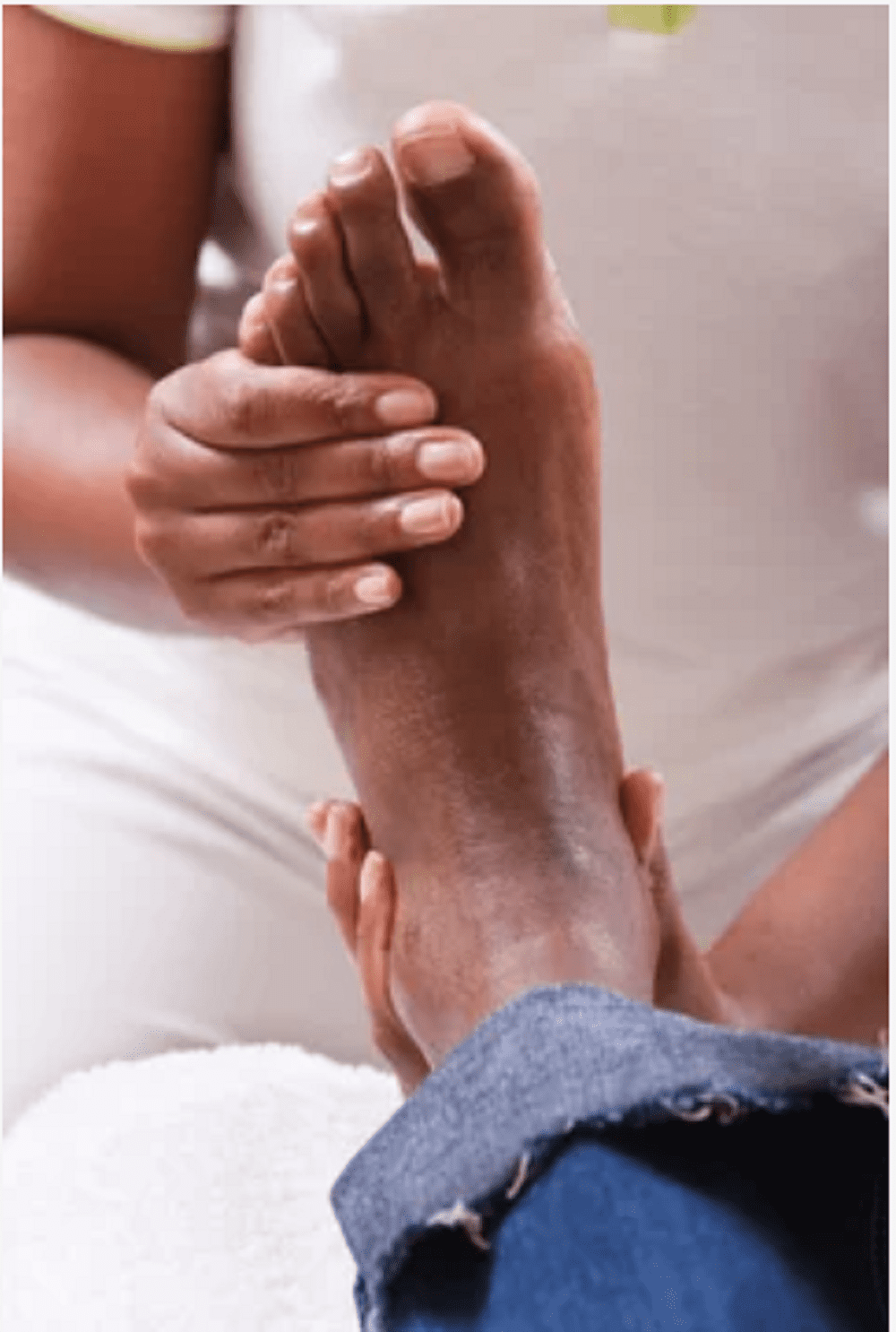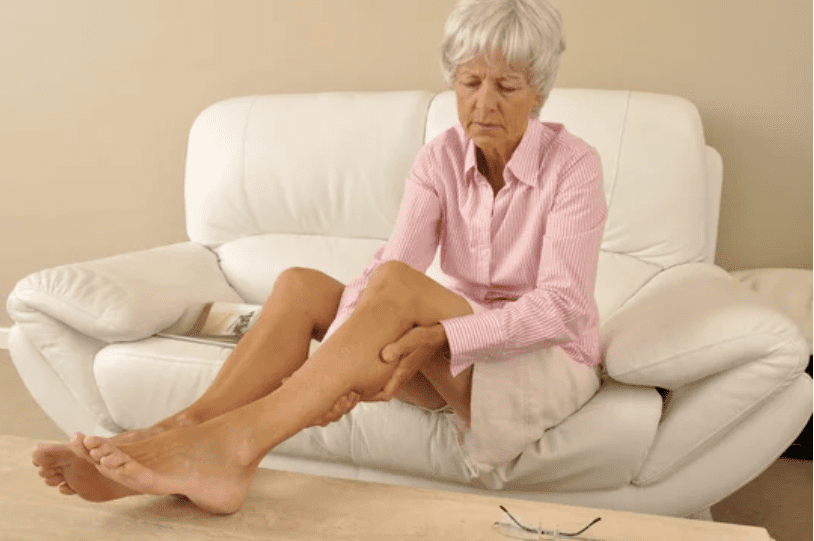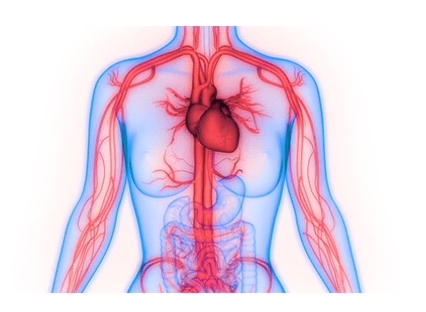
Chest PAIN? This is Scary!

Pain is notoriously difficult to define, and different parts of your body might ache for different reasons. Consider a twisted ankle and blister caused by an ill-fitting shoe. Both circumstances cause pain, but for very different causes, which necessitates distinct therapies.
Anyone suffering chest discomfort should seek medical attention, according to the experts at PACE. It may not be life-threatening, but it might be a sign of cardiovascular illness or even a heart attack, so be cautious. Consult your doctor if you are experiencing chest discomfort.
Angina is the medical term for chest discomfort, and there are various types. Angina isn't a disease in and of itself, but rather a symptom. Angina is frequently linked to coronary artery disease.
Coronary artery disease is a life-threatening condition. Plaque has constricted the arteries around your heart, preventing your heart from receiving the nutrition it requires to operate properly.
If the discomfort you're experiencing is angina, it might be brought on by things like activity, excitement, or stress. It's possible that it'll spread to your arm, back, or jaw. It probably feels like you're under pressure or being squeezed on the inside.
Your initial thought may be, "I'm having a heart attack!" when you experience chest discomfort. This is a possibility. Your heart doesn't get the blood it needs when you suffer a myocardial infarction, often known as a heart attack.
The pain from a heart attack may be in your chest, and it may feel similar to angina — you may feel pressure or a squeezing feeling. However, you may get discomfort in your back, arm, or jaw, which is likely to be more severe than angina.
Along with chest discomfort, you may feel nauseated, weak, or break out in a cold sweat during a heart attack. If you're experiencing any of these symptoms, get medical attention right away. Your outcome will be better if you receive attention as soon as possible. You might be suffering from chest discomfort as a result of a lung issue. When you breathe, cough, or sneeze, viral infections can cause significant chest discomfort.
Sometimes you aren't aware that you have a blood clot. A pulmonary embolism occurs when a blood clot goes to your lungs, causing chest discomfort as well as other symptoms such as trouble breathing and a rapid heartbeat. You've probably heard of people who believed they were suffering a heart attack when they actually had heartburn. It can happen, even if it isn't very often. GERD, or gastroesophageal reflux disease, can result in significant chest discomfort.
Peptic ulcers, a hiatal hernia, and gallbladder difficulties are just a few of the digestive disorders that can cause chest discomfort. It's critical to get treatment since some digestive problems might develop and result in lasting harm.
Chest discomfort can also be caused by other problems, such as a strained muscle. However, it is critical to get help. Because chest discomfort may be a sign of a variety of deadly illnesses, it's dangerous to ignore it.
We are just a call or click away. To learn more, book an appointment online or over the phone with PeachState Advanced Cardiac & Endovascular. We have several locations in Georgia: Newnan, Atlanta, & Griffin.
You Might Also Enjoy...


Feeling Faint

Should I be worried about my numb feet?

Can leg cramps be a sign of something serious?

Meet Dr. Odiete - PACE Cardiovascular Specilaist


